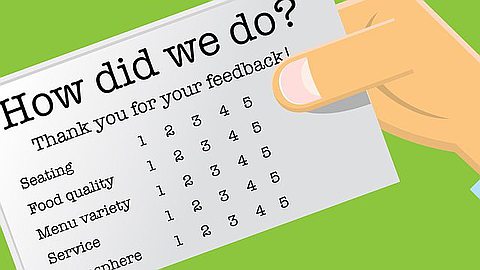How to Leverage Your True Talent

Most entrepreneurs are in search of that elusive goal called success. David Kidder knows a thing or two about it: He's founded three companies, including Bionic, a social innovation platform. He is also the author of The Startup Playbook, for which he conducted interviews with Elon Musk, Reid Hoffman, and other accomplished entrepreneurs. How does Kidder define success? And how can other entrepreneurs achieve it? I recently spoke with the entrepreneur and author about using your innate talent to achieve success.
What’s your definition of success?
When you are working with and from your innate gift. It’s when you have discovered your innate gift or proprietary contribution to the world and you are spending all your time in that strength and almost none of your time in your area of weakness. At some point, you have to quit fixing yourself and really just put 100 percent of your extreme focus on what you’re made to accomplish. It has a tremendous impact on people in the world.
How do you suggest people identify that innate gift?
I like to cite Mark Cuban, “Don’t follow your passions, follow your efforts.” You need to look at where your time is being consumed, which could point you to your area of strengths. You may learn that you’re great at branding or coaching. If you did only that one thing, could you follow that path, and perhaps even start a company based on it? Once you start to believe and value your gift and commit to following it, things begin to flow.
What if you are given a challenge that would make you more successful, financially or otherwise, but does not leverage your talent?
What is the success of doing that if you’re not working in your strength? You can be successful--maybe. But the most successful people identify the things that they can be literally 10 times better at and then they only do that. They don’t focus on fixing themselves. They put teams around them that can solve the holes in their abilities. They concentrate on what they do best. They do something that has an extraordinarily positive impact on people that they are uniquely positioned to offer. When you are in that zone, you become fearless. In that zone, your confidence comes from a totally different place than other people who are “faking it.” It’s a huge competitive advantage psychologically, because you don’t have an intellectual or emotional drag on your life.
What do you consider your own innate talent and your primary area of focus?
My talent is framing and simplifying complex opportunities into understandable visions that are accessible to people, and then creating an operating system to create that vision. It’s easy to make things complex; it’s hard to boil things down to the purpose. The purpose needs to be something so deeply engaged with the needs of the customer that it means more. It transcends the competitiveness of your product. In my role as a start-up CEO, I focus on the following: Vision, purpose, talent, and never running out of money. As a CEO, I have to make sure that I create economic oxygen.
Are you currently focused on work that leverages only your main talent?
It’s always a trade-off. You can’t use your core talent 100 percent of the time, but I strive to make sure I am spending most of my time leveraging it. My business model is essentially an extension of my talent. It’s simplifying complex problems and building an operating system to solve it. Bionic is an enterprise accelerator that helps large companies become nimble and innovative. We are helping them get back to enterprise entrepreneurialism, which is what these companies started of with in the first place. I am not spending a lot of time outside of that intellectual interest and strength.
What if you're building a business and face a lot of things that don't involve your primary talent?
I have built a community of resources that I can leverage to help me do the things critical to business growth that I am not good at. I never look at my calendar and I never deal with travel. I only spend my time running my company and being a parent. It leaves me the time to do the things that I love.





